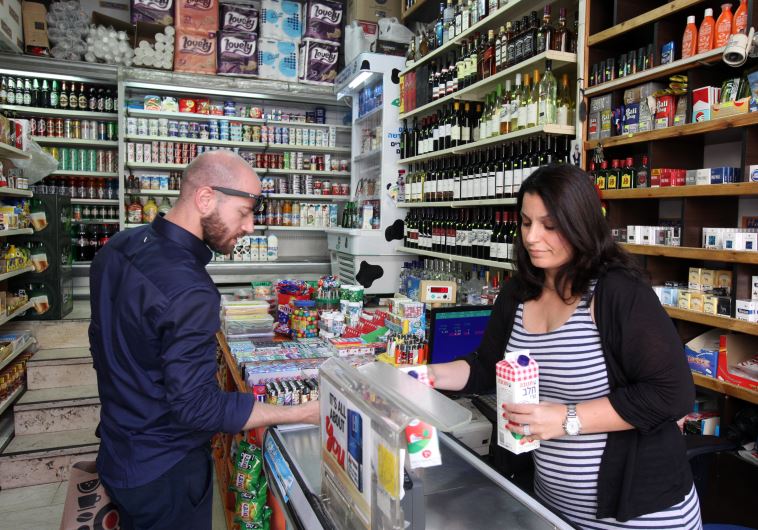Dozens protest Jerusalem minimarket Shabbat closures
"If our freedom is taken bit by bit, there’s no chance our children will want to live here," says demonstrator.
 A convenience store in Jerusalem that is open on Shabbat(photo credit: MARC ISRAEL SELLEM/THE JERUSALEM POST)Updated:
A convenience store in Jerusalem that is open on Shabbat(photo credit: MARC ISRAEL SELLEM/THE JERUSALEM POST)Updated: